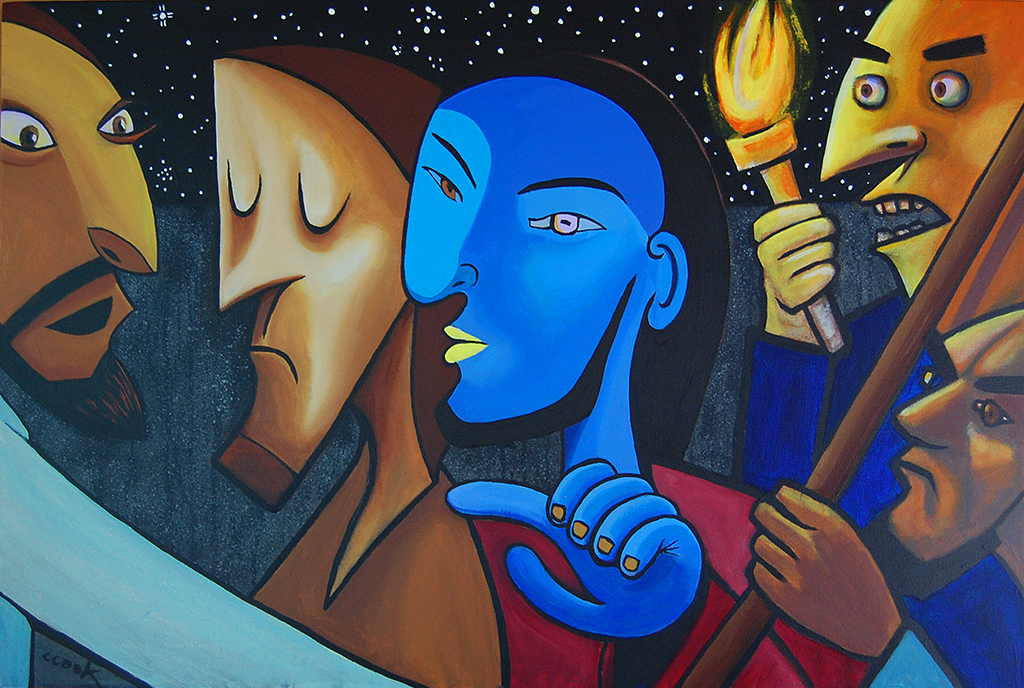Easter and the Free Society – Kishore Jayabalan (Director, Istituto Acton) – PNR64
At first glance, commemorating the Passion, Death and Resurrection of Jesus Christ doesn’t seem to have much to do with the promotion of a free society or free markets. These events happened over 2,000 years ago, and we’ve seen all kinds of tyrannies and restrictions of human liberty since then. So what, in fact, does the Christian message have to tell us today?
Let’s start with the basics. Christians believe that Jesus is not simply a wise teacher or prophet – he is God-made-flesh, fully divine and fully human, something almost unimaginable for many of the Jews of his time that has been difficult for people even now to comprehend.
As God, Jesus “condescends” to become like us in all things except sin. As man, he redeems by allowing us to share eternal life with God. Through his incarnation, Jesus gave all human activity, including work, supernatural importance.
But Jesus’ life on earth was not simply that of a superhero, dominating the Romans and all people for the rest of time. Instead he was born in a manger and became a carpenter, living a very normal, hidden life until he was 30 years old. At the same time, he “did all things well” (Mark 7:37). He took on and therefore elevated simple work and family life to a divine level.
Jesus also suffered. We can imagine that he had splinters and calloused hands. Before entering into public ministry, Satan tempted Jesus with the avoidance of suffering but Jesus chose instead to follow his Father’s will (Luke 4:1-13). Doing so meant he would be betrayed by one of his disciples, leading to his torture and death on a cross. Another disciple denied Jesus three times the night of his arrest.
Despite these betrayals, Jesus still rose from the dead. He did not allow the unfaithfulness or even plain stupidity of us human beings to conquer his love for us. Jesus took on sin and death – and won. No matter what difficulties we face, he always gives us a chance to get back on the right path.
It should be obvious what this means for human freedom: 1) God created us knowing full well that we will misuse and abuse our freedom; 2) If we will betray God, we are surely capable of betraying imperfect human beings; and 3) if we choose to let God do so, he has already saved us. Despite our failings, we can always begin again.
It is tempting to see an all-powerful, all-knowing God as some kind of tyrant who cares little for our happiness or freedom. This is not the Christian God, however. “God is Love” (1 John 4:8). Human love is free but also risky; it can always be rejected or betrayed. But without the prospect of love, freedom is meaningless.
We should promote freedom, then, not as some kind of dreamy ideal but as a gritty reality, rough but still beautiful, not unlike the workings of the free market. Failure and competition are not bad things, but rather spurs for our improvement. We have to live and work responsibly while also realizing not everything depends on us.
The Easter message must allow for the pain of failure and rejection, the sting of sin and death; otherwise there would be nothing to overcome, nothing to redeem. Good Friday is necessary for Easter Sunday. In the end, the Christian message is one of hope: We are hopeful because we are free.
Easter and the Free Society – Kishore Jayabalan (Director, Istituto Acton) – PNR64
Sul Tradimento di Pietro Paganini
Sul Tradimento: Atto Creativo di Giammarco Brenelli

